No products in the cart.

What can food do for your brain?
Posted by: Didrik Sopler, Ph.D., L.Ac.
Depending on the type of food, you can either get benefits like protection from memory loss, or you may increase your risk for memory loss. For the following study, the researchers investigated the Mediterranean-like diet and how it relates to cognitive function and biomarkers for Alzheimer's disease (Ballarino T,...
Read more

When is the best time to eat protein?
Posted by: Didrik Sopler, Ph.D., L.Ac.
Protein is important when it comes to building and maintaining muscle mass. We however don’t need huge amounts of protein, but we need enough. The following research investigated the timing of protein intake to see if it made a difference for strength and for maintaining muscle mass (Aoyama S,...
Read more

This was as predictive of risk for death as standard risk factors.
Posted by: Didrik Sopler, Ph.D., L.Ac.
Some of the standard risk factors for death include cholesterol, high blood pressure, diabetes, and smoking. The following research compared standard risk factors with the composition of fatty acids of the red blood cells as risk factors for death (McBurney M, et al., 2021). Analysing the red blood cells...
Read more

Keep your arteries flexible by doing this.
Posted by: Didrik Sopler, Ph.D., L.Ac.
There is an agreement on arterial stiffness. It is not a good thing; arteries should be flexible. Stiff and calcified arteries contribute to increased blood pressure and cardiovascular risk. Monocytes, a type of white blood cell, showed a significantly lower expression of IL-10, a regulator of inflammation which helps...
Read more

Who should take Berberine?
Posted by: Didrik Sopler, Ph.D., L.Ac.
Most people could benefit from taking Berberine because it affects many important functions. Insulin resistance and inflammation are getting more and more common and are factors that Berberine can influence. The research published by Anil Poudel and the other authors demonstrated that Berberine improved cytokine-induced inflammation (Poudel A, et...
Read more

Who needs glutathione?
Posted by: Didrik Sopler, Ph.D., L.Ac.
Aging is associated with a marker related to a mitochondrial defect. The mitochondria are the energy producing entities of the cells. Glutathione is a very effective antioxidant the body is making, and it affects a lot of functions. As we get older, we produce less glutathione. The following study...
Read more
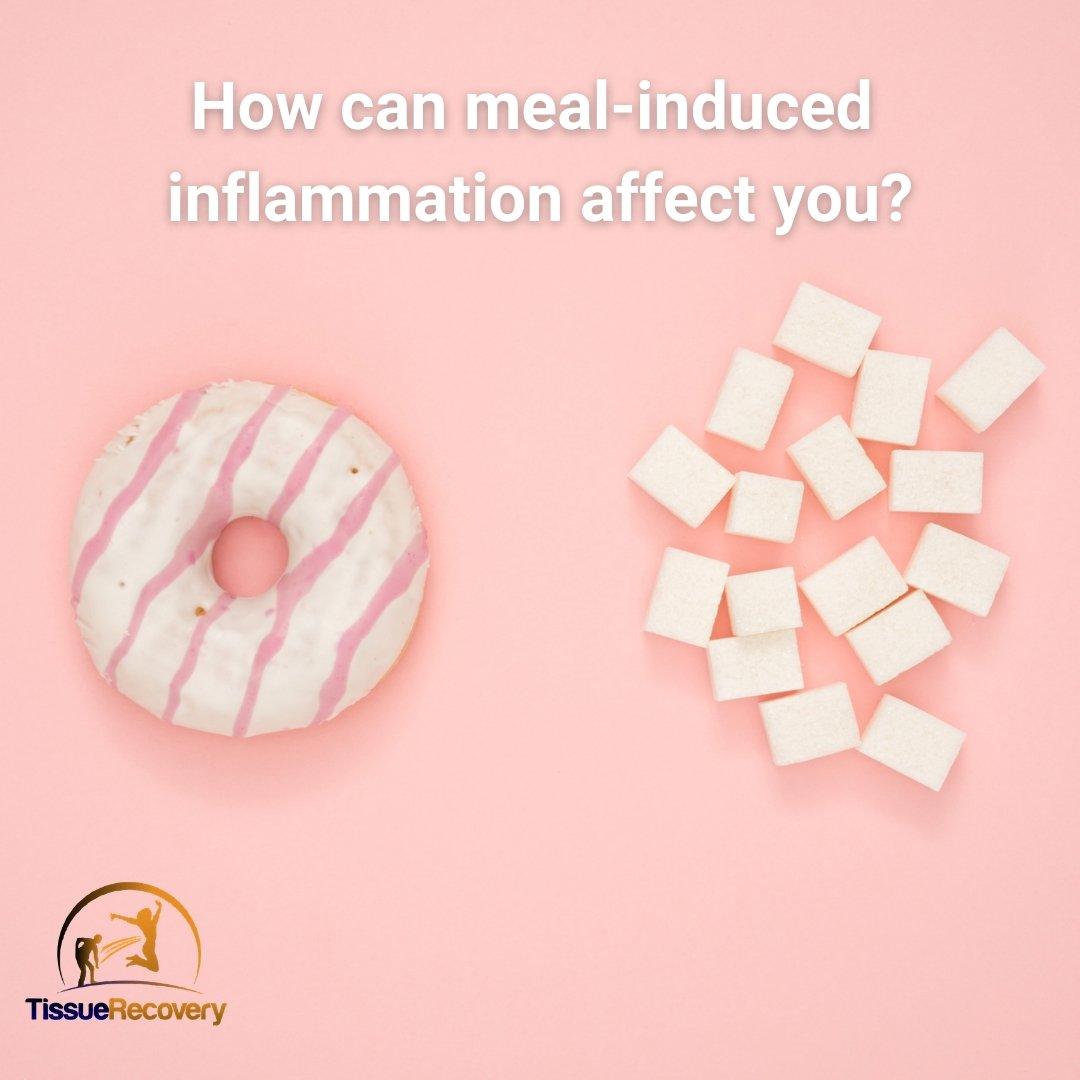
How can meal induced inflammation affect you?
Posted by: Didrik Sopler, Ph.D., L.Ac.
The participants of this research included 1002 healthy adults aged 18-65 years (Mazidi M, et al., 2021). The after-meal effect at multiple intervals was measured for glucose, triglycerides, IL-6, and GlycA. IL-6 and GlycA are inflammatory cytokines. The meals the participants ingested were mixed-nutrient meals. The after-meal effect between...
Read more
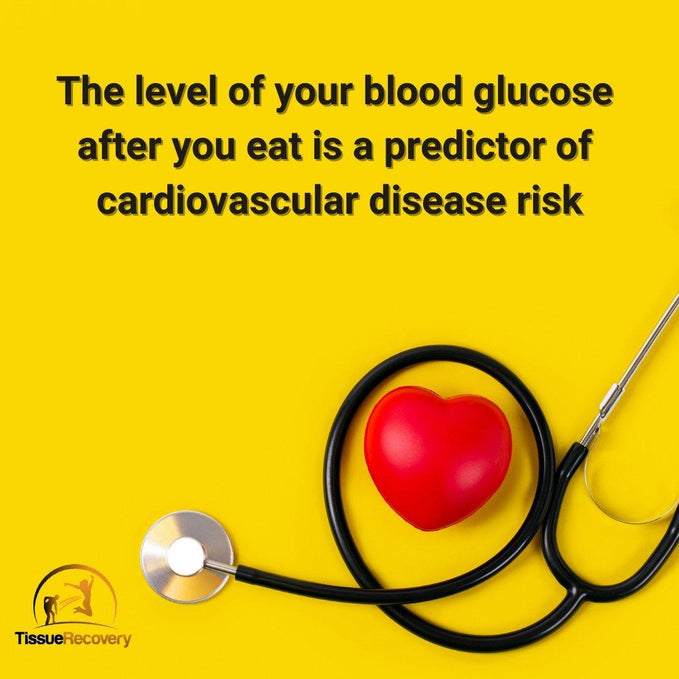
The level of your blood glucose after you eat is a predictor of cardiovascular disease risk.
Posted by: Didrik Sopler, Ph.D., L.Ac.
Oxidative stress is directly proportional to the increase in glucose after a meal. This increase in free radicals acutely triggers inflammation, endothelial dysfunction, hypercoagulability ( risk for blood clots), and a cascade of other atherogenic changes (O’Keefe GH, Bell DSH, 2007). The endothelium is the inner lining of the...
Read more
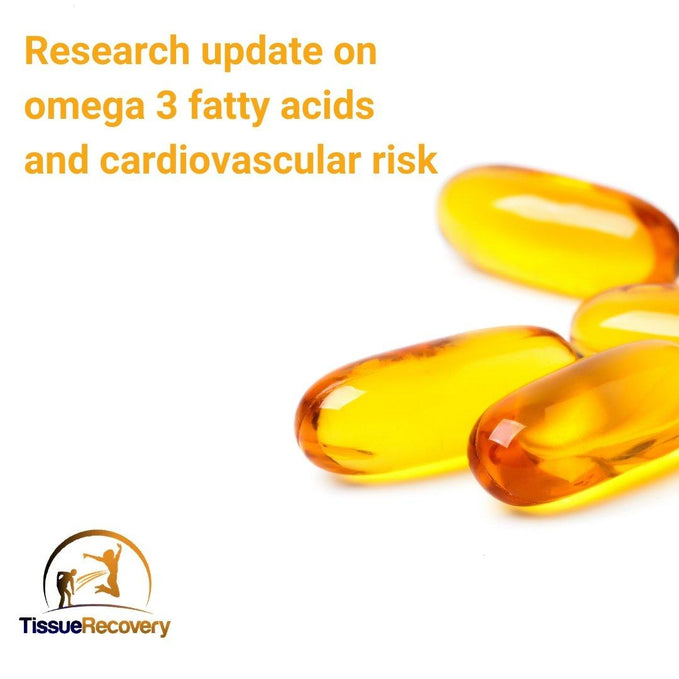
Research update on omega 3 fatty acids and cardiovascular risk.
Posted by: Didrik Sopler, Ph.D., L.Ac.
EPA and DHA are 2 of the main active ingredients in fish oil. The following research included a total of 40 studies with 135,267 participants (Bernasconi AA, et.al., 2020). The researcher investigated different cardiovascular outcomes as they related to intake of EPA and DHA. The studies were all randomized...
Read more

Often overlooked factor contributing to neck pain.
Posted by: Didrik Sopler, Ph.D., L.Ac.
The following research was done to determine if raised blood inflammatory markers are associated with neck pain (Farrell Sf, et al., 2020). 10 studies were included in this research with 706 participants. 4 of these studies were for chronic non-traumatic neck pain, 2 were chronic whiplash related, 1 was...
Read more
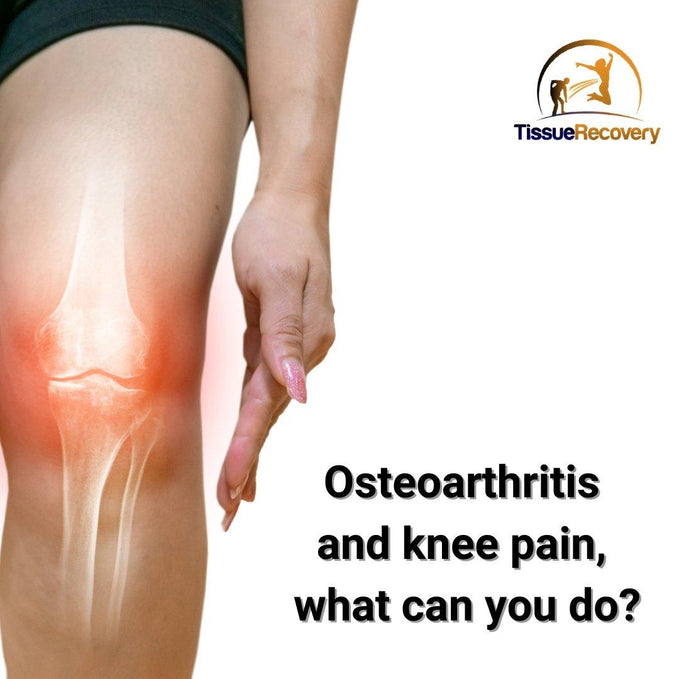
Osteoarthritis and knee pain, what can you do?
Posted by: Didrik Sopler, Ph.D., L.Ac.
Evidence has established a significant correlation between osteoarthritic progression and oxidative stress, causing prolonged inflammation. This is described as a disturbance in the balanced between oxidative stress and antioxidant defenses. When this occurs tissue damage and inflammation is the result. This research was based on numerous studies (Setti T,...
Read more

Testosterone and omega 3 fatty acids.
Posted by: Didrik Sopler, Ph.D., L.Ac.
Many men now have poor semen quality even at a young age. This research investigated testicular function and semen quality in young and healthy men (Jensen TK, et al., 2020). The researchers found that the men who supplemented with fish oil omega 3 fatty acids had a significant improvement...
Read more
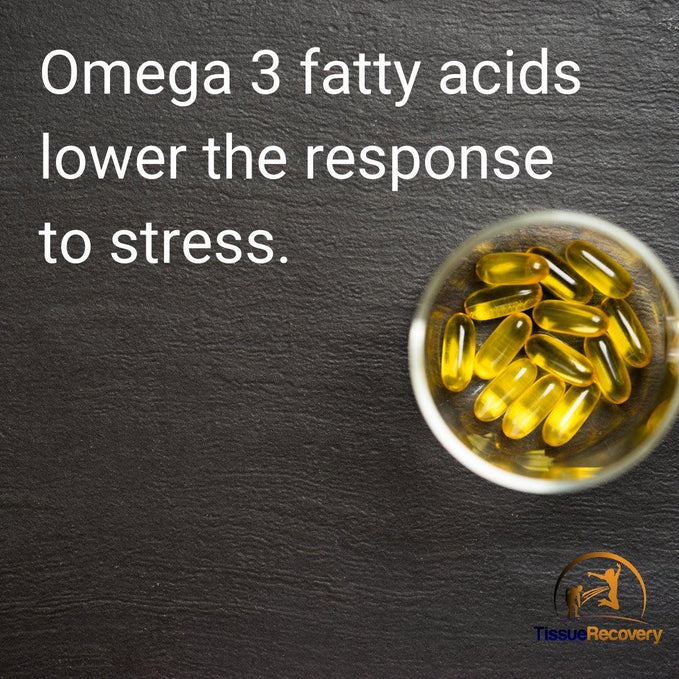
Omega 3 fatty acids lowers the response to stress.
Posted by: Didrik Sopler, Ph.D., L.Ac.
Stress affects the body in many ways. The body usually deals effectively with acute stress. Chronic stress however affects the body negatively and can even accelerate aging. This randomized, controlled study examined the impact of omega-3 supplementation on cellular aging-related biomarkers following a laboratory speech stressor (Madison AA, et...
Read more
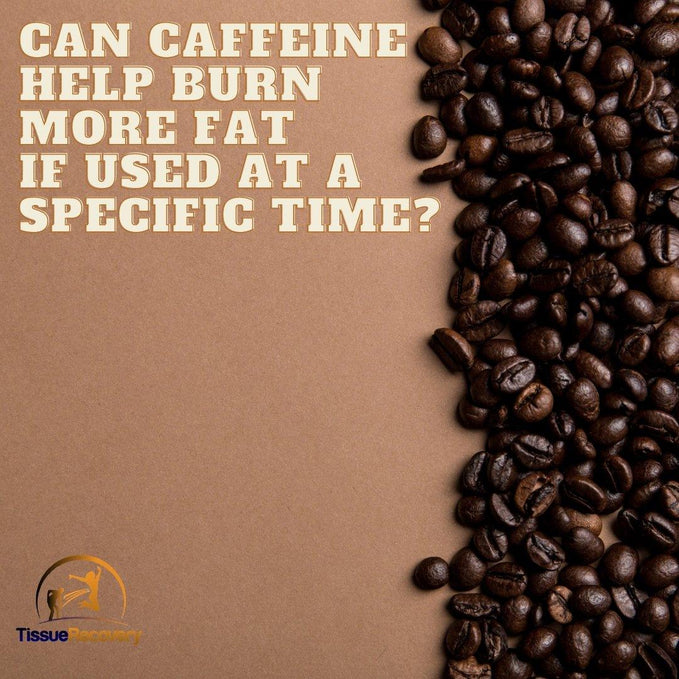
Can caffeine help burn more fat if used at a specific time?
Posted by: Didrik Sopler, Ph.D., L.Ac.
Caffeine has shown to increase maximal fat oxidation rate and also improve aerobic capacity. This research investigated if there was a difference in the rate fat was oxidized (burned as energy) from ingesting caffeine in the morning compared to the afternoon (Ramírez-Maldonado M, et al., 2021). The participants were...
Read more
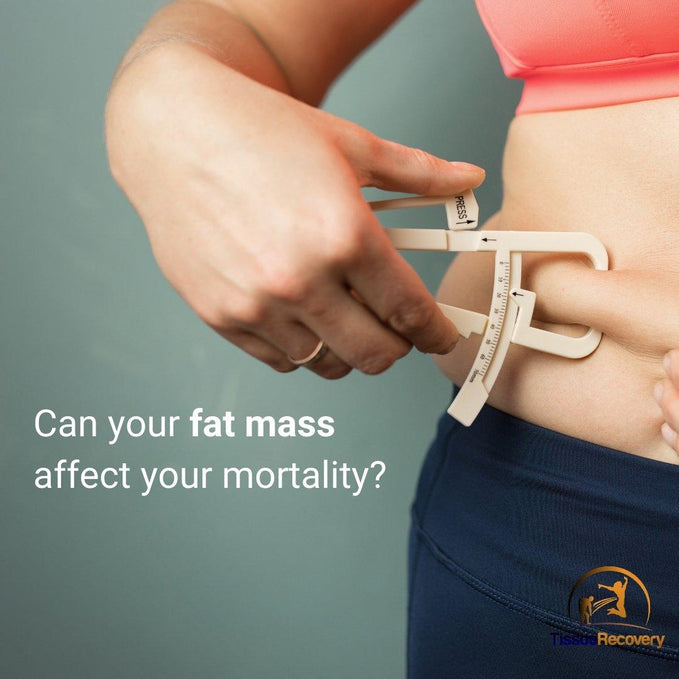
Can your fat mass affect your mortality?
Posted by: Didrik Sopler, Ph.D., L.Ac.
The reason for this research was to determine the relationship between body fat mass and fat-free mass to the risk of mortality (Sedlmeier AM, et al., 2021). Data from 7 studies were used including 16,155 individuals. Body composition was measured by bioelectrical impedance analysis and the researchers adjusted for...
Read more

Lose more fat by exercising at a specific time
Posted by: Didrik Sopler, Ph.D., L.Ac.
The participants of this study were 32 adult males with an average age of 58 years (Mancilla R, et al., 2021). They had either been diagnosed with type 2 diabetes or were at risk for it. These men performed 12 weeks of supervised exercise training either in the morning...
Read more
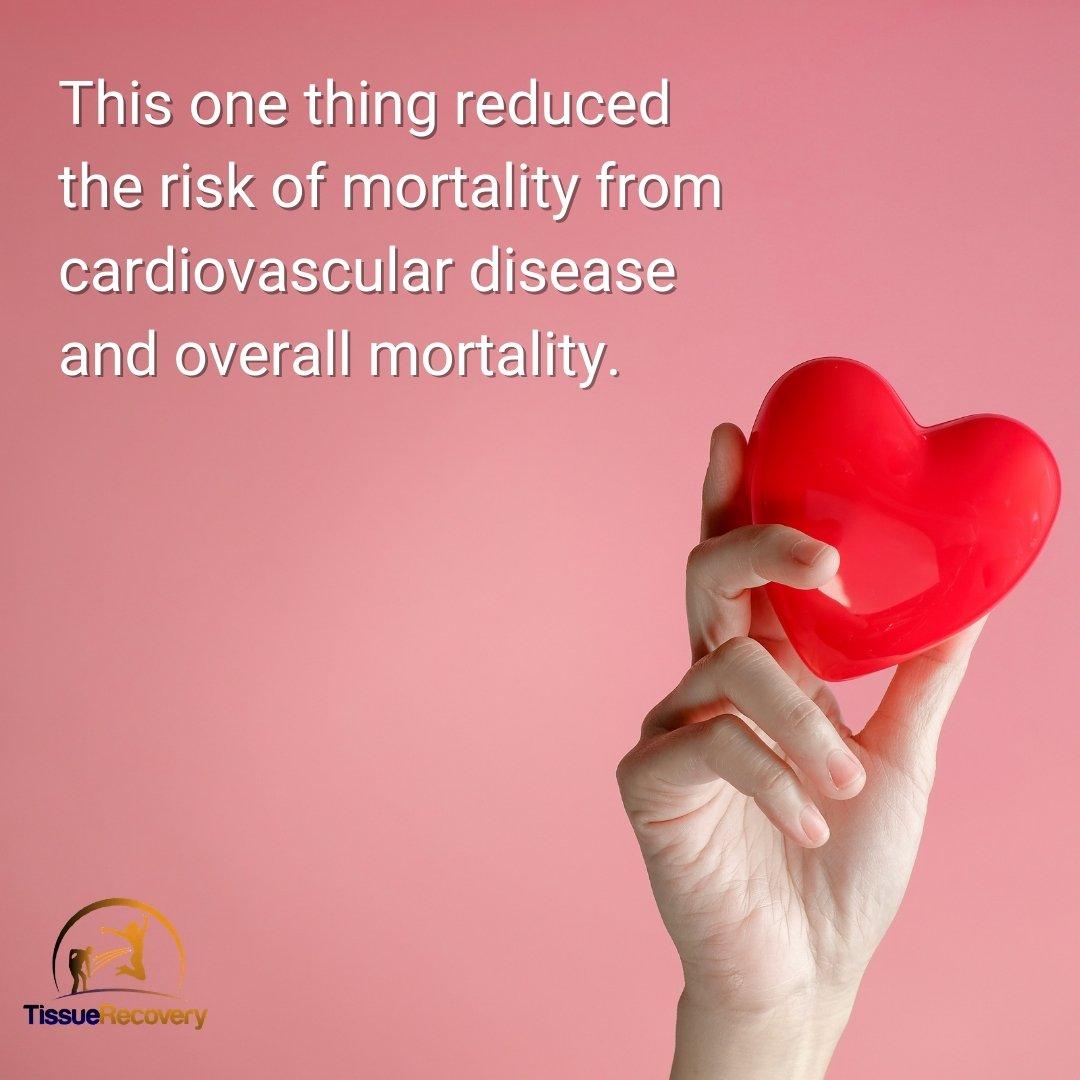
This one thing reduced the risk of mortality from cardiovascular disease and overall mortality.
Posted by: Didrik Sopler, Ph.D., L.Ac.
The following research included 237 036 men 57% and 179 068 women with the average age of 62 years (Huang J, et al., 2020). The researchers compared the risk of mortality between animal source protein and plant-based protein adjusting for other risk factors. They found that greater dietary plant...
Read more
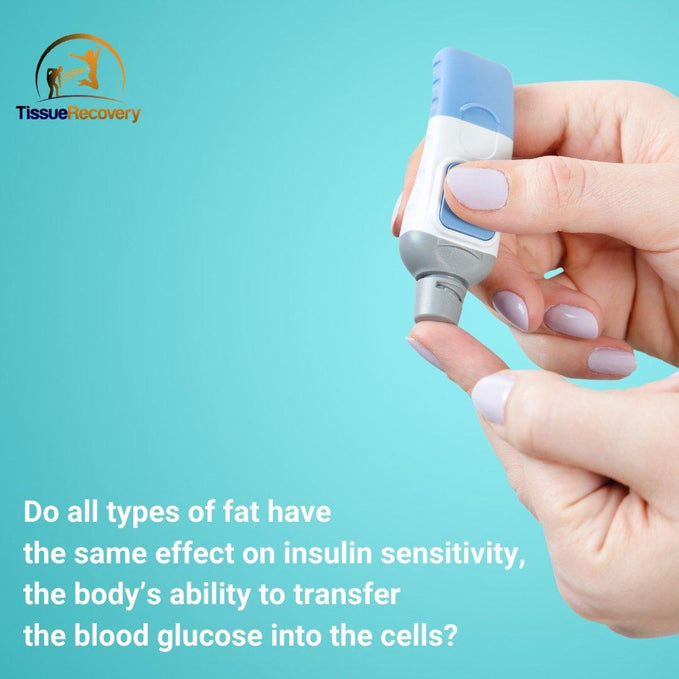
Do all types of fat have the same effect on insulin sensitivity, the body’s ability to transfer the blood glucose into the cells?
Posted by: Didrik Sopler, Ph.D., L.Ac.
This research evaluated the effect of ingesting either monounsaturated fat, polyunsaturated fat, saturated fat, or water as a control on glucose-stimulated insulin secretion, insulin sensitivity and insulin clearance in seven overweight or obese, non-diabetic participants (Xiao C, et al., 2006). Olive oil is high in monounsaturated fat, walnuts are...
Read more
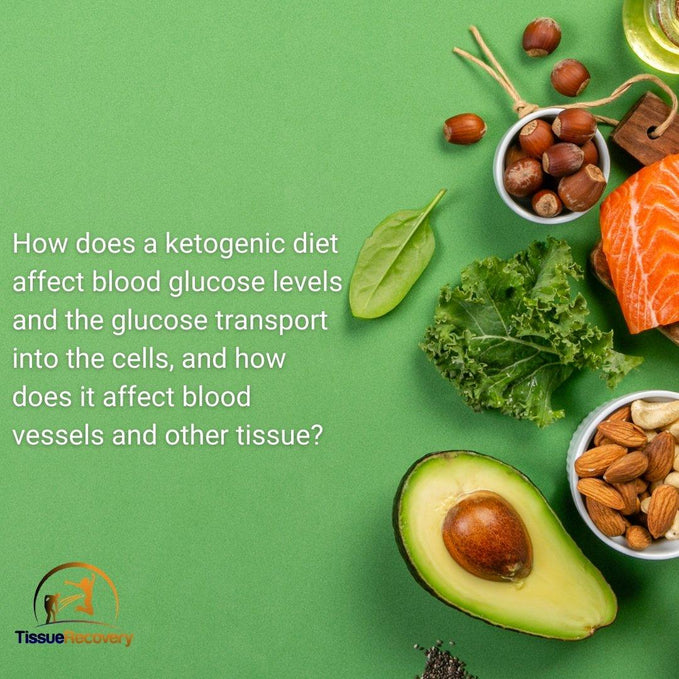
How does a ketogenic diet affect blood glucose levels and the glucose transport into the cells, and how does it affect blood vessels and other tissue?
Posted by: Didrik Sopler, Ph.D., L.Ac.
Fat is not metabolized to glucose and does not require insulin to be metabolized. Instead, a ketogenic diet (high fat diet) provides energy from ketones. Eating only fat will for that reason not increase the blood glucose level. That may sound good but let us look at what happens....
Read more

More research on air pollution and omega 3 fatty acids.
Posted by: Didrik Sopler, Ph.D., L.Ac.
Air pollution with exposure to fine particles has shown to affect brain volume. The following study investigated if the potential neurotoxic effects of exposure to these fine particles could be modified by ingestion of omega 3 fatty acids (Chen C, et al., 2020). The participants were 1,315 women 65-80...
Read more






